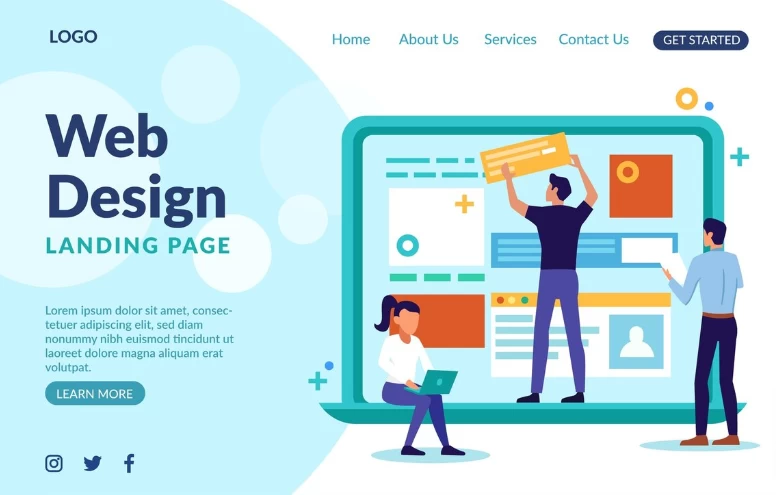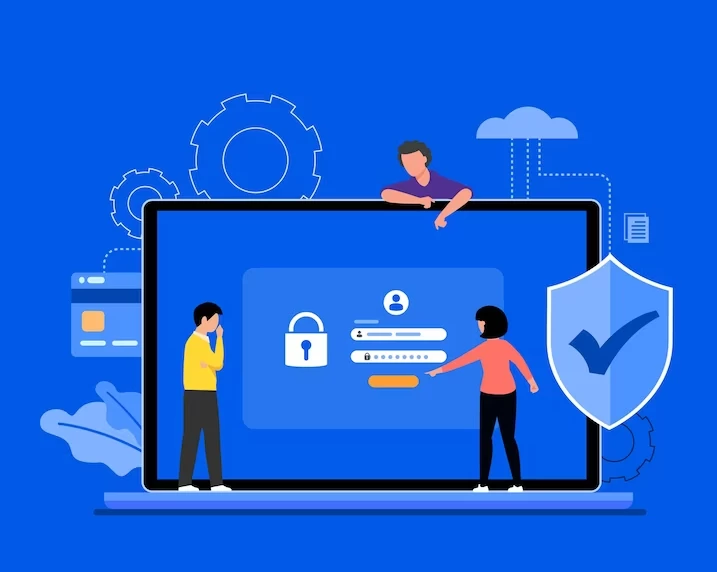Table of Contents
- Define Your Project Requirements
- Goals and Objectives
- Target Audience
- Functionality Requirements
- Content Structure
- Design Preferences
- User Experience (UX)
- Responsive Design
- SEO Considerations
- Integration & Third-Party Services
- Performance & Security
- Budget & Timeline
- Research and Shortlist Development Partners
- Review Portfolio and Case Studies
- Check Client Reviews and Testimonials
- Request Detailed Proposals
- Schedule Consultation
- Post-Development Support
There are several important factors to consider when choosing a web development partner for your project. Below are practical suggestions to help you find the right developer or agency for your business needs.
Define Your Project Requirements
When looking for a professional web developer, the first step is to clearly define your requirements. By outlining your website’s goals, functionality, design preferences, and technical expectations, you can communicate effectively with potential developers and ensure alignment from the beginning.
Goals and Objectives
Define the primary purpose of your website (e.g., business website, eCommerce store, portfolio, blog, service platform). Clarify what you want to achieve — increased sales, lead generation, brand awareness, or customer engagement.
Target Audience
Identify your ideal customers, including their demographics, interests, and online behaviour. Understanding your audience helps shape the design, messaging, and functionality of your website.
Functionality Requirements
List essential features such as shopping carts, user accounts, contact forms, booking systems, search functionality, or payment gateways. Specify if you require advanced integrations like CRM systems, email marketing tools, or third-party APIs.
Content Structure
Outline the type of content your website will include (text, images, videos, downloadable files). Plan a logical structure to ensure easy navigation and improved user experience.
Design Preferences
Describe your preferred visual style — modern, minimalistic, corporate, vibrant, or creative. Mention branding elements such as logo, color scheme, typography, and brand guidelines.
User Experience (UX)
Define the experience you want visitors to have. Navigation should be intuitive, and important actions (such as purchasing or contacting you) should be simple and seamless.
Responsive Design
Ensure your website is fully mobile-friendly and optimized for smartphones, tablets, and desktops.
SEO Considerations
Determine whether Search Engine Optimization (SEO) is a priority. Discuss technical SEO, on-page optimization, page speed, and structured data implementation.
Integration & Third-Party Services
Identify external tools that must connect with your website, such as payment gateways, CRM software, social media platforms, or analytics tools.
Performance & Security
Set expectations for website speed, scalability, hosting environment, and data protection measures. Security features like SSL, firewalls, and regular backups are essential.
Budget & Timeline
Define your available budget and expected project completion timeline. Providing detailed requirements helps developers assess whether they have the expertise and resources to meet your expectations efficiently.
Research and Shortlist Development Partners
You can find professional web development companies through online searches, business directories, referrals, and industry recommendations. Create a shortlist based on experience, portfolio quality, and market reputation.
Review Portfolio and Case Studies
Examine completed projects to evaluate design quality, performance, and functionality. Look for projects similar to yours to ensure the developer understands your industry and requirements.
Check Client Reviews and Testimonials
Read verified client reviews and testimonials to understand service quality, communication standards, deadline adherence, and overall client satisfaction.
Evaluate the technical expertise of the development team. Ensure they are experienced in the required technologies, frameworks, and platforms relevant to your project.
Clear communication is critical for successful collaboration. Choose a development partner who listens carefully, provides constructive suggestions, and maintains transparency throughout the project.
Request Detailed Proposals
Contact shortlisted companies and request detailed project proposals. A professional proposal should clearly outline:
- Project scope
- Timeline and milestones
- Cost breakdown
- Technology stack
- Post-launch support and maintenance
Schedule Consultation
Arrange meetings or consultations to assess their understanding of your project, problem-solving approach, and overall compatibility.
Post-Development Support
Reliable web development companies provide ongoing maintenance, updates, and technical support to keep your website secure and optimized.
When making your final decision, avoid choosing solely based on price. Instead, evaluate expertise, communication, flexibility, and long-term support.
If you want a high-performing website that supports your business growth, consider partnering with a reputable web development company that understands your goals and delivers scalable, results-driven solutions.













